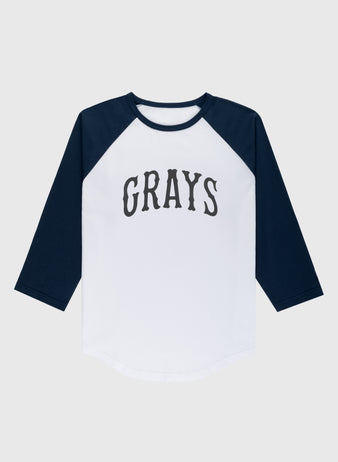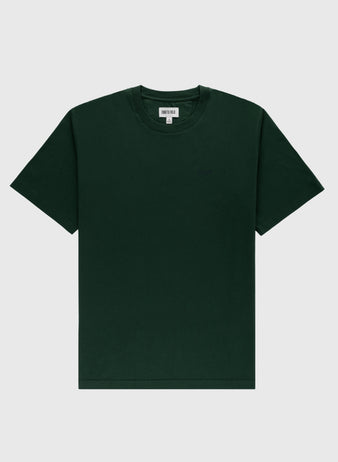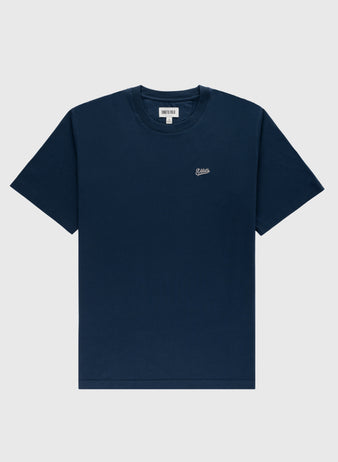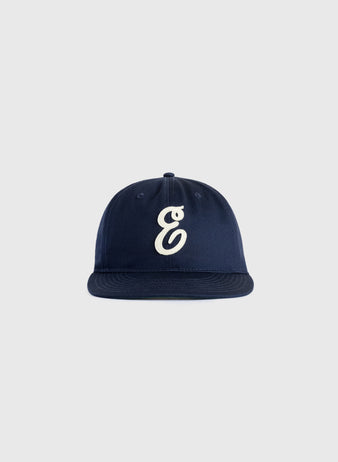Shop All
New York Black Yankees Satin Varsity Jacket
$328
New York Black Yankees 1940 Authentic Wool & Leather Varsity Jacket
$595
New York Black Yankees 1935 Authentic Wool Home Baseball Jersey
$298
New York Black Yankees 1942 Authentic Wool Home Baseball Jersey
$298
New York Black Yankees Cotton Twill Baseball Jersey
$228
New York Black Yankees Felt 'NY' Cotton Twill Ballcap
$58
New York Black Yankees Felt 'NY' Cotton Twill Ballcap
$58
New York Black Yankees 1936 Authentic Wool Ballcap
$68
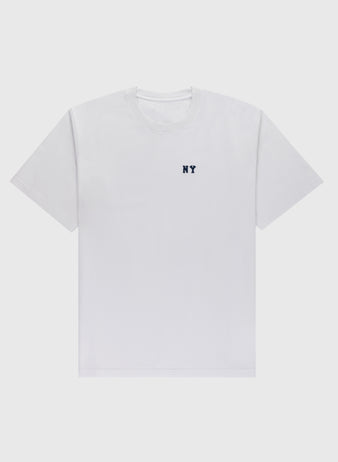
New York Black Yankees Embroidered 'NY' Short Sleeve Tee
$58
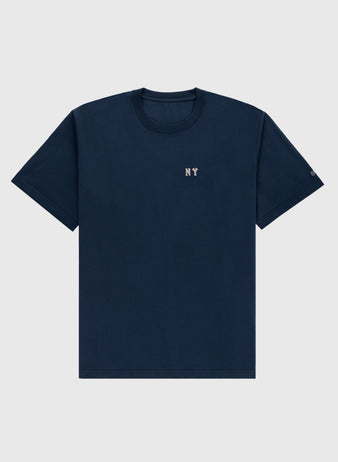
New York Black Yankees Embroidered 'NY' Short Sleeve Tee
$58
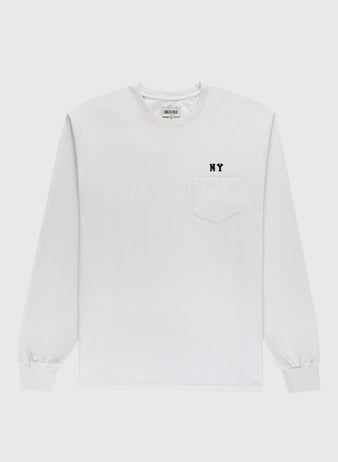
New York Black Yankees Embroidered 'NY' Long Sleeve Pocket Tee
$68
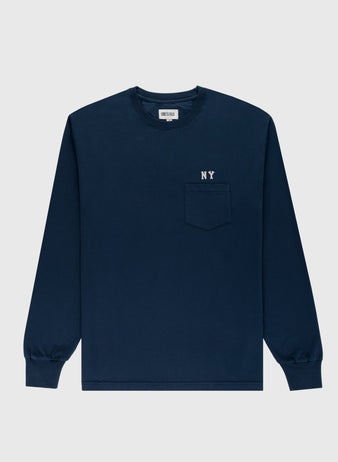
New York Black Yankees Embroidered 'NY' Long Sleeve Pocket Tee
$68
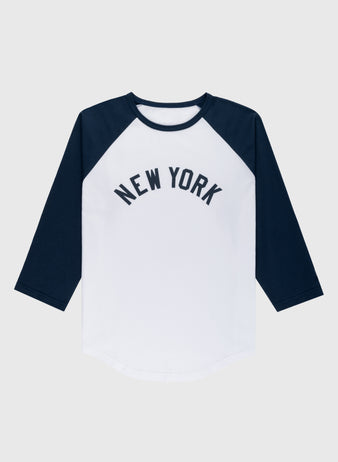
New York Black Yankees Vintage Baseball Tee
$78
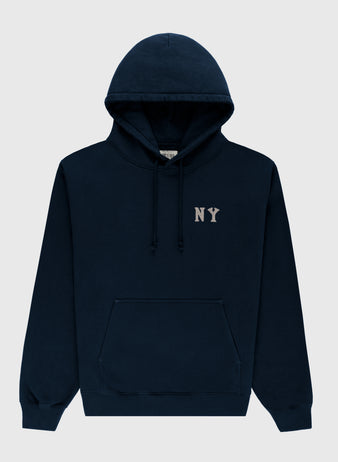
New York Black Yankees Embroidered "NY" Heavyweight Cotton Terry Pullover Hoodie
$158
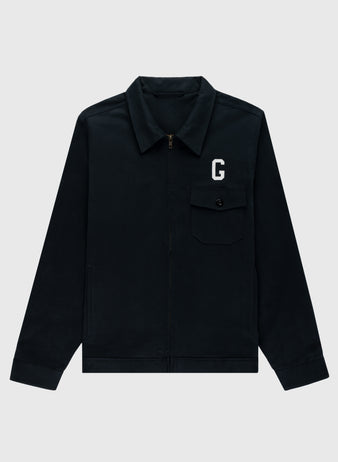
Homestead Grays Cotton Grounds Crew Jacket
$288
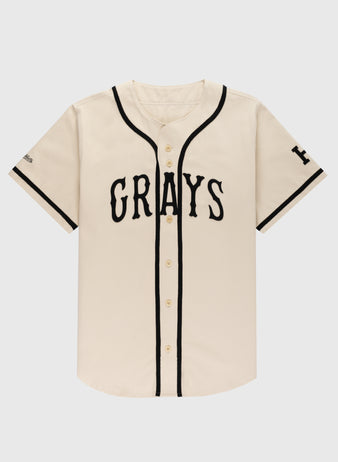
Homestead Grays Cotton Twill Baseball Jersey
$228
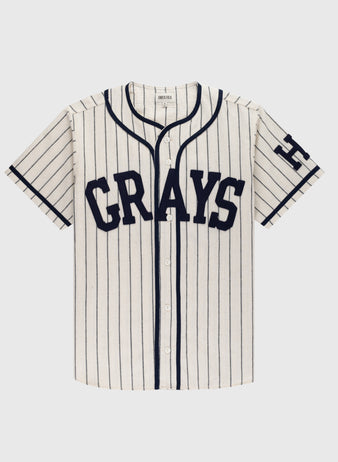
Homestead Grays 1939 Authentic Wool Home Baseball Jersey
$298
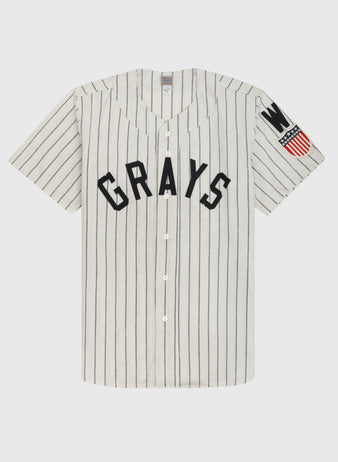
Homestead Grays 1944 Authentic Wool Home Baseball Jersey
$298
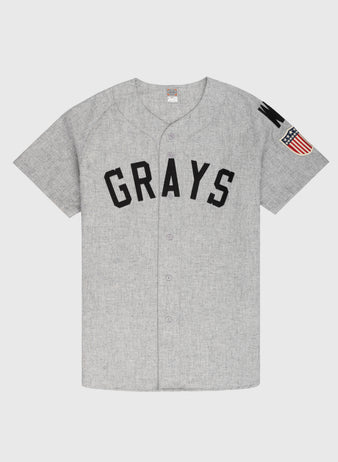
Homestead Grays 1944 Authentic Wool Road Baseball Jersey
$298
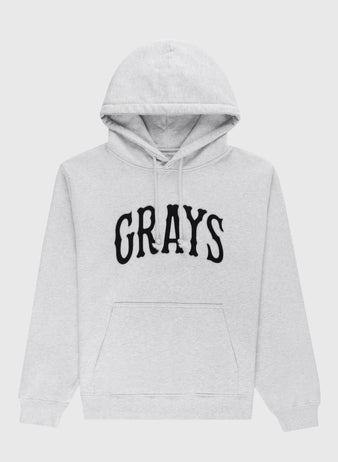
Homestead Grays Heavyweight Cotton Terry Pullover Hoodie
$148
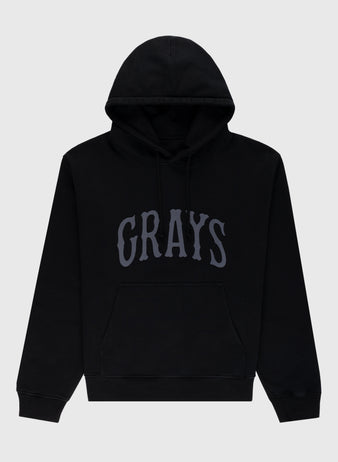
Homestead Grays Heavyweight Cotton Terry Pullover Hoodie
$148
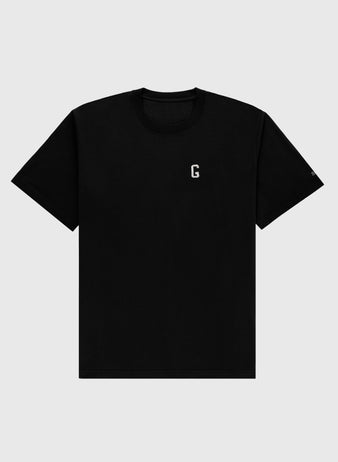
Homestead Grays Embroidered 'G' Short Sleeve Tee
$58
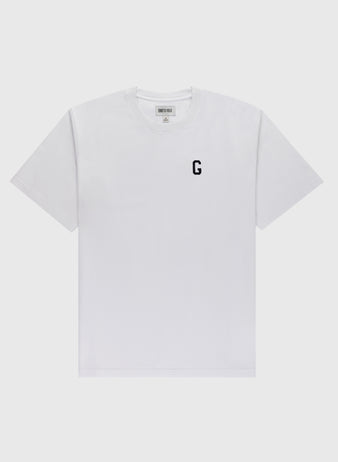
Homestead Grays Embroidered 'G' Short Sleeve Tee
$58
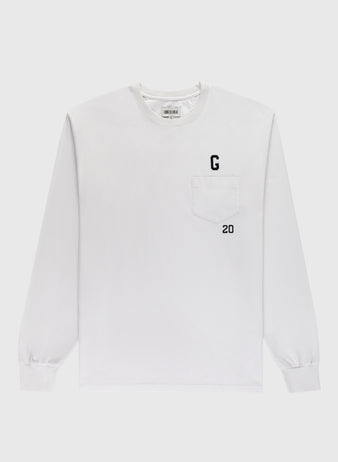
Homestead Grays Embroidered 'G' Long Sleeve Pocket Tee
$68
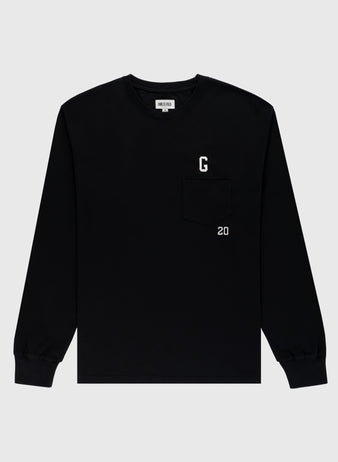
Homestead Grays Embroidered 'G' Long Sleeve Pocket Tee
$68
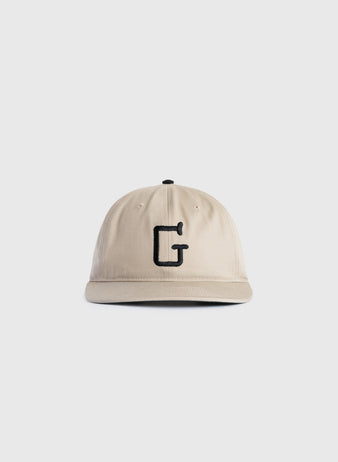
Homestead Grays Embroidered 'G' Cotton Twill Ballcap
$58
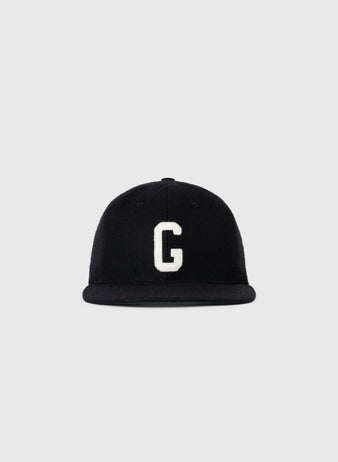
Homestead Grays 1945 Authentic Wool Ballcap
$68

Homestead Grays Felt 'G' Cotton Twill Ballcap
$58
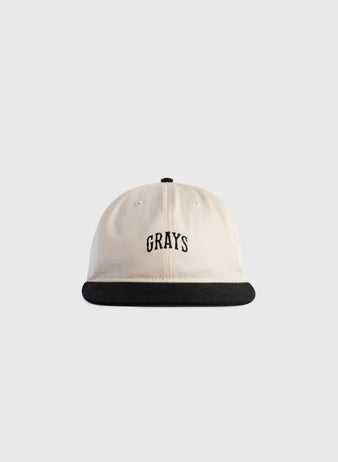
Homestead Grays Embroidered Two Tone Cotton Twill Ballcap
$58

Homestead Grays 1939 Authentic Wool 8-Panel Ballcap
$68
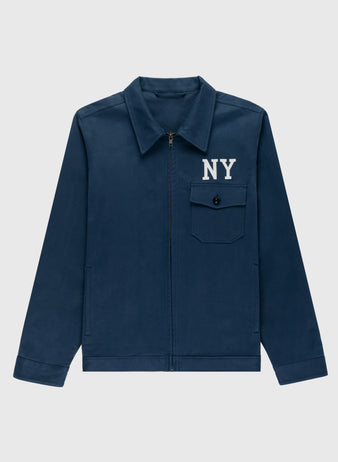
Ebbets Field Cotton Grounds Crew Jacket
$288
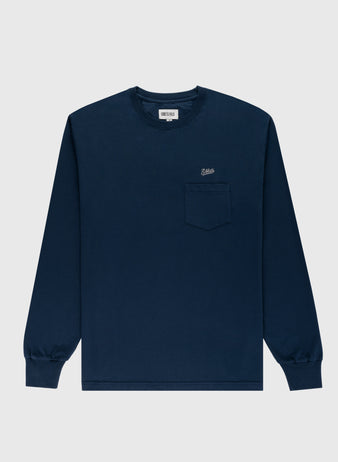
Ebbets Chest Logo Long Sleeve Pocket Tee
$64
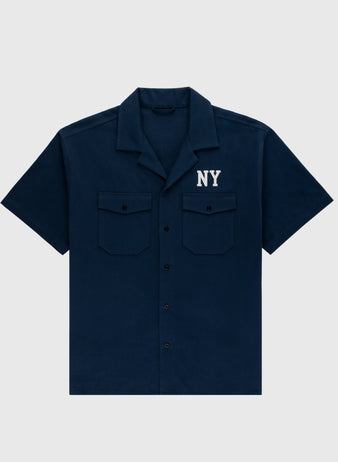
Ebbets Cotton Linen Grounds Crew Short Sleeve Workshirt
$198
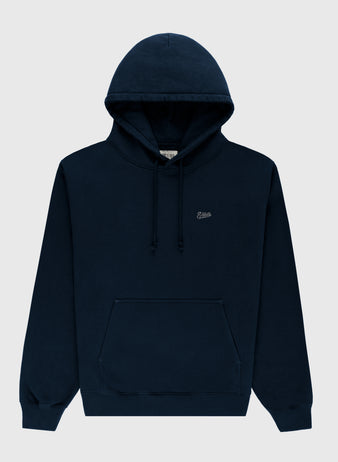
Ebbets Chest Logo Heavyweight Cotton Terry Pullover Hoodie
$148
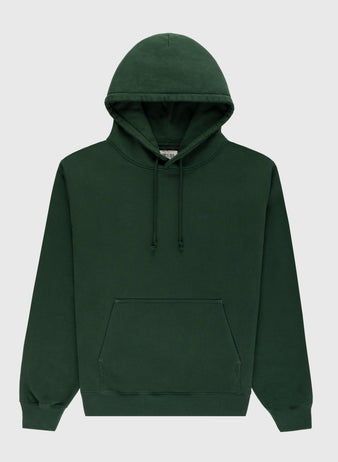
Ebbets Chest Logo Heavyweight Cotton Terry Pullover Hoodie
$148
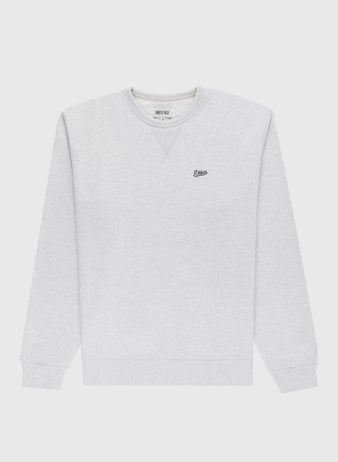
Ebbets Chest Logo Heavyweight Cotton Terry Crewneck
$138
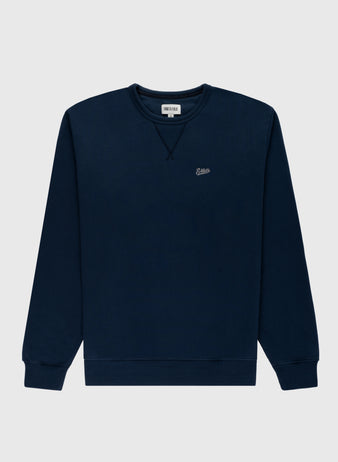
Ebbets Chest Logo Heavyweight Cotton Terry Crewneck
$138
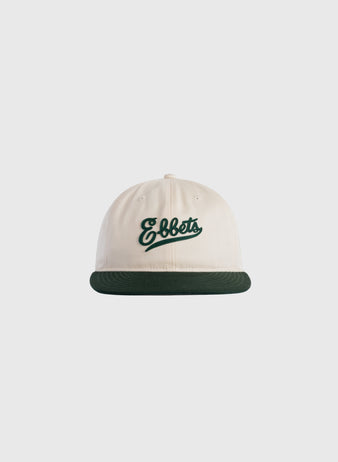
Ebbets Felt Script Cotton Twill Ballcap
$54
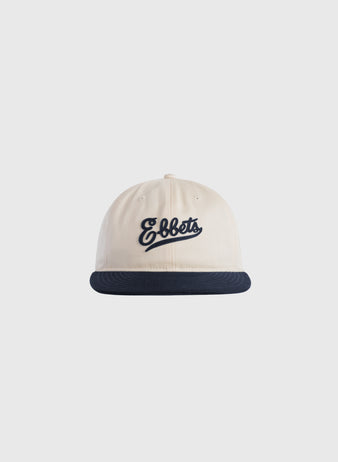
Ebbets Felt Script Cotton Twill Ballcap
$54
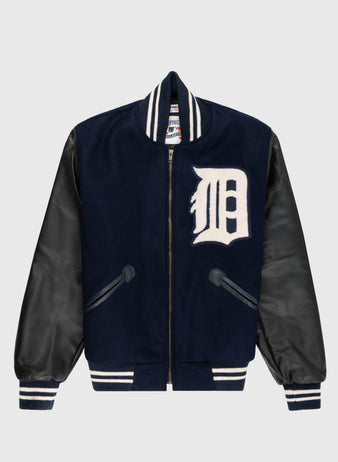
Detroit Tigers 1955 Authentic Wool & Leather Varsity Jacket
$595
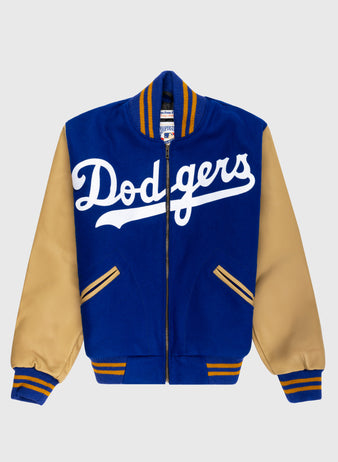
Brooklyn Dodgers 1951 Authentic Wool & Leather Varsity Jacket
$595
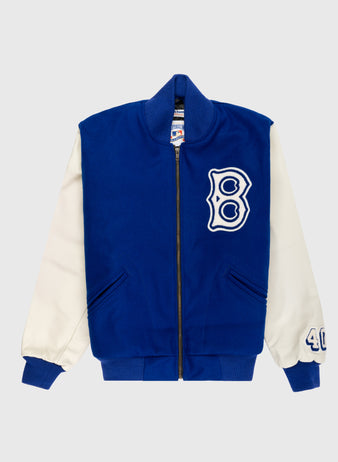
Brooklyn Dodgers 1940 Authentic Wool & Leather Varsity Jacket
$595
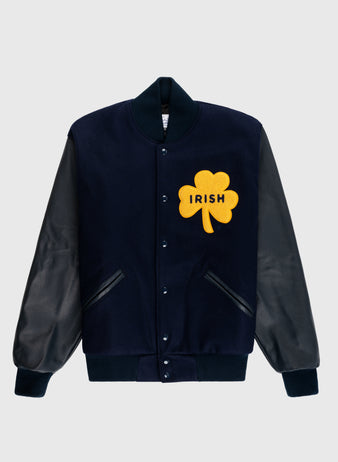
University of Notre Dame Authentic Wool & Leather Varsity Jacket
$595
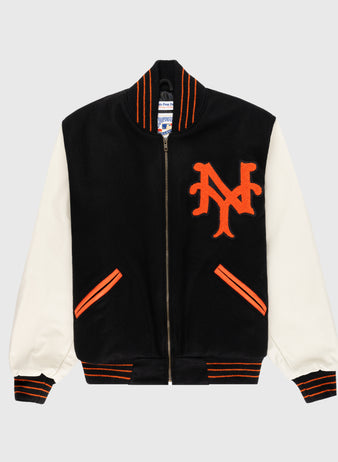
New York Giants 1951 Authentic Wool & Leather Varsity Jacket
$595

